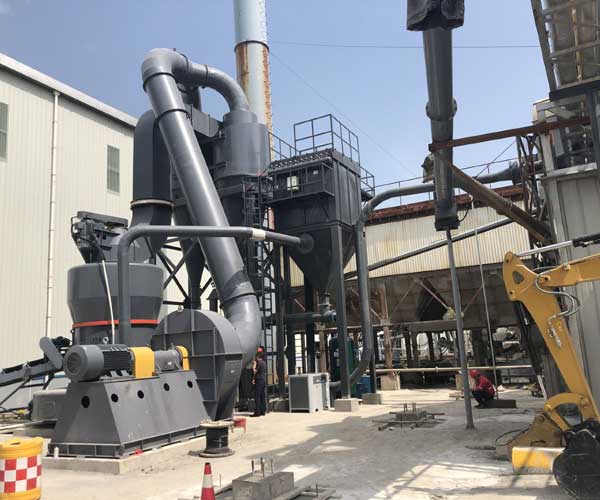
Petroleum coke is a byproduct obtained during the distillation of crude oil. It is formed from the residual carbonaceous materials that remain after the crude oil has been processed into various refined products, such as gasoline, diesel, and jet fuel.
24 Online Service
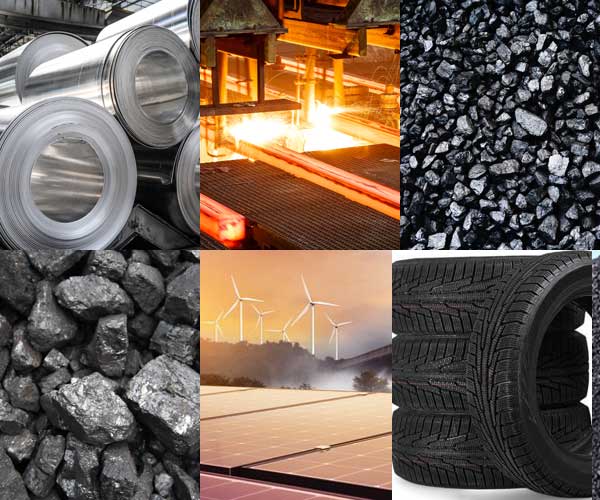
It finds extensive usage as a fuel and in various industrial applications due to its high carbon content. However, the terms “petroleum coke” and “calcined petroleum coke” are often used interchangeably, leading to confusion.
Petroleum coke is a solid carbon material with high carbon content, typically ranging from 80% to 90%.
Petroleum coke is primarily used as a fuel source due to its high calorific value and low ash content. It is commonly employed in power generation, cement kilns, and other industrial processes that require a high-energy fuel. Additionally, petcoke finds application in the production of anodes for aluminum smelting and as a feedstock for the manufacturing of graphite electrodes used in steel production.
Calcined petroleum coke is produced by heating petroleum coke to high temperatures to remove impurities and volatiles, resulting in a highly pure and dense carbon material. The calcination process involves heating raw petroleum coke at temperatures as high as 1300 to 1400 degrees Celsius in a rotary kiln or a vertical shaft kiln. This thermal treatment enhances the carbon content and modifies the physical and chemical properties of the coke.
Calcined petroleum coke possesses a higher carbon content (ranging from 97% to 99.5%) compared to raw petroleum coke. The removal of volatile matter and other impurities during the calcination process imparts several desirable characteristics to calcined coke, such as improved conductivity, increased hardness, and reduced moisture and sulfur content.
The distinctions between petroleum coke and calcined petroleum coke are significant, and they find different applications across various industries. Raw petroleum coke, due to its fuel properties, is extensively used in power generation, cement production, and industrial boilers. Its low cost and high calorific value make it an attractive choice for these energy-intensive applications.
Calcined petroleum coke, on the other hand, has unique properties that make it suitable for specialized applications. One major application of calcined coke is in the manufacturing of carbon anodes used in the production of aluminum. The anodes are consumed during the smelting process and play a crucial role in the electrolytic reduction of alumina into aluminum metal. Calcined coke’s high carbon content, low impurities, and specific electrical conductivity make it an ideal material for this purpose.
Furthermore, calcined petroleum coke is utilized in the production of graphite electrodes employed in the steel industry. These electrodes are essential in electric arc furnaces for the production of steel, where they provide the necessary electrical conductivity and heat resistance.
Additionally, calcined coke finds use in the production of titanium dioxide, a pigment used in paints, coatings, plastics, and paper. Its chemical stability, high carbon content, and low sulfur and metal content contribute to the production of high-quality titanium dioxide.
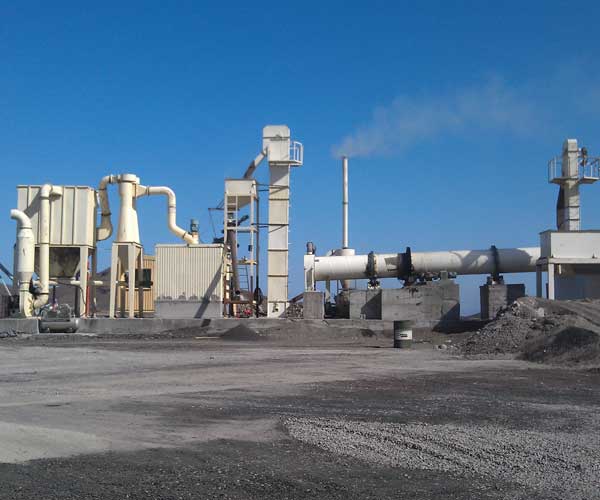
Petroleum coke calcining systems play a crucial role in the oil refining industry, transforming low-value petroleum coke into high-value calcined coke. Calcined coke finds extensive applications in various industries, including aluminum production, steelmaking, and energy generation.
It is a byproduct of the oil refining process and consists of carbonaceous material with a high carbon content. Raw petroleum coke has limited commercial value due to its high sulfur and heavy metal content. However, through the process of calcination, petcoke can be transformed into calcined coke, a valuable product with diverse applications.
Petroleum coke calcining is a high-temperature thermal treatment process that removes volatile components, moisture, and impurities from raw petcoke, resulting in a cleaner and more valuable product. The calcination process involves heating the petcoke to temperatures of 1200-1400°C (2192-2552°F) in a rotary kiln or vertical shaft kiln. The intense heat causes the volatile matter to evaporate, reducing the sulfur content and improving the coke’s density and carbon content. The resulting calcined coke possesses superior physical and chemical properties, making it suitable for a wide range of industrial applications.
Enhanced Energy Efficiency: Petroleum coke calcining systems contribute to improved energy efficiency in several ways. Firstly, the high temperatures required for the calcination process can be achieved by utilizing waste heat sources, such as exhaust gases from other industrial processes. By leveraging waste heat recovery systems, refineries can reduce energy consumption and optimize overall energy utilization. Additionally, advancements in calcining technology, such as improved combustion systems and heat transfer mechanisms, enable more efficient utilization of energy, further enhancing the overall energy efficiency of the process.
Production of High-Quality Calcined Coke: Calcined coke produced through petroleum coke calcining systems exhibits superior properties compared to raw petcoke. The removal of volatile matter and impurities during the calcination process results in a cleaner and more stable carbon product with reduced environmental impact. High-quality calcined coke possesses desirable characteristics such as low sulfur content, high carbon content, and improved density, making it a valuable input for various industries. Its applications range from fuel-grade coke for power generation to anode-grade coke for aluminum production.
Environmental Sustainability: Petroleum coke calcining systems contribute to environmental sustainability through the reduction of emissions and the efficient utilization of resources. Calcining technologies incorporate advanced emission control systems to minimize the release of sulfur dioxide (SO2), nitrogen oxides (NOx), and particulate matter. The implementation of stringent environmental regulations has further prompted the development of cleaner and more efficient calcining systems. Additionally, the utilization of waste heat sources and the optimization of energy utilization help in reducing the overall carbon footprint of the refining industry.
Waste Valorization: Petroleum coke, which was previously considered a waste byproduct, is now transformed into a valuable resource through calcination. By upgrading petcoke into calcined coke, the refining industry maximizes resource utilization and minimizes waste generation. This aligns with the principles of circular economy and sustainable development, as petcoke is repurposed into a valuable input for various industrial processes. Furthermore, the availability of high-quality calcined coke reduces the need for raw materials extraction, thereby conserving natural resources.
Due to its high carbon content, petroleum coke is often used as a fuel source in various industries, including power generation, cement production, and steel manufacturing. However, before it can be utilized, petroleum coke needs to be processed and ground into fine particles using grinding mills.
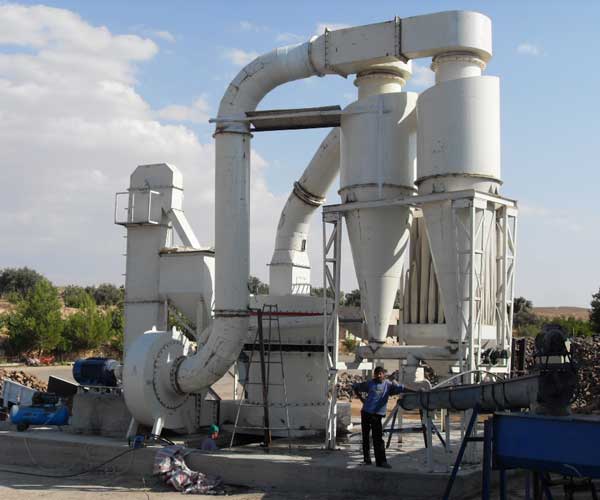
Raymond mill is a common grinding mill used in the field of petroleum coke powder processing. It has a high grinding efficiency and is suitable for a wide range of materials. The Raymond mill uses a grinding roller to crush and grind the material, and the airflow carries out the powder selection and collection. It has the advantages of simple structure, convenient operation, and low investment cost. Raymond mill can effectively grind petroleum coke into different sizes, ranging from 80-400 mesh.
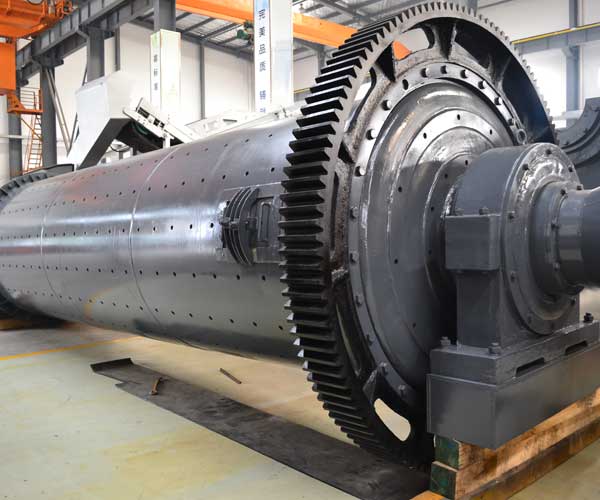
Ball mill is another commonly used grinding mill in petroleum coke processing. It is mainly used for wet grinding operations, which require relatively fine particles. The ball mill consists of a horizontal cylinder, rotating on its axis, and is filled with grinding media, such as steel balls or rods. As the cylinder rotates, the grinding media collide with the petroleum coke particles, reducing them in size. Ball mills are versatile and can be used for both dry and wet grinding processes. They are often employed in large-scale industrial applications.
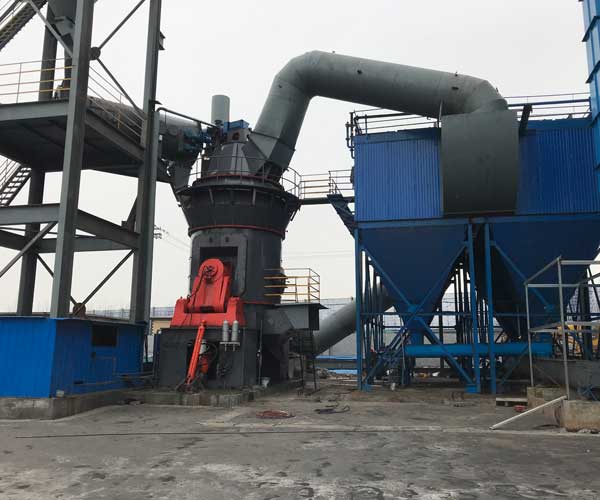
Vertical mill, also known as vertical roller mill, is a widely used grinding mill for petroleum coke processing. It is equipped with drying, grinding, and powder selection functions, making it suitable for grinding and drying various materials. The vertical mill utilizes a grinding disc to exert grinding pressure on the material bed. The material is pulverized and ground between the grinding roller and the grinding disc. The vertical mill has high grinding efficiency and energy-saving features, making it an ideal choice for petroleum coke processing.
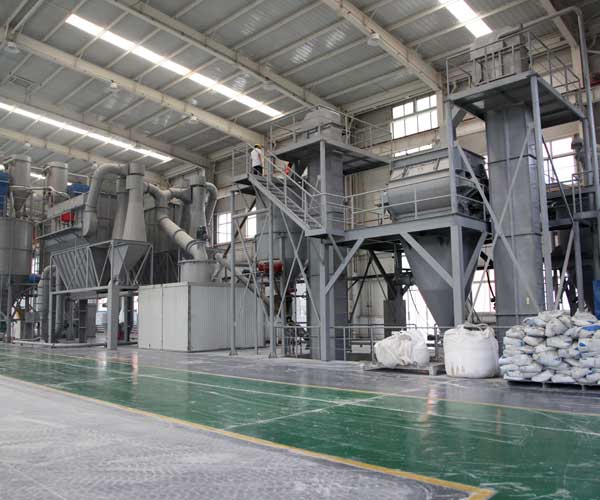
For ultra-fine grinding of petroleum coke, an ultrafine mill is often used. Ultrafine mills are designed to produce fine powders with a high degree of fineness. They use centrifugal force to classify and grind the materials, allowing for precise control over the particle size distribution. Ultrafine mills can achieve particle sizes as small as a few micrometers. These mills are particularly suitable for applications where a high degree of fineness is required, such as in the production of carbon anodes for the aluminum industry.
The air swept pulverizer, also known as an air classifier mill, is a specialized grinding mill used for the size reduction of petroleum coke particles. It operates on the principle of impact grinding, where the particles are subjected to high-speed collisions with the rotating hammers or pins. The air swept pulverizer is equipped with an integrated air classifier that controls the particle size distribution of the final product. It is commonly used in the production of petroleum coke powders with a narrow particle size distribution.
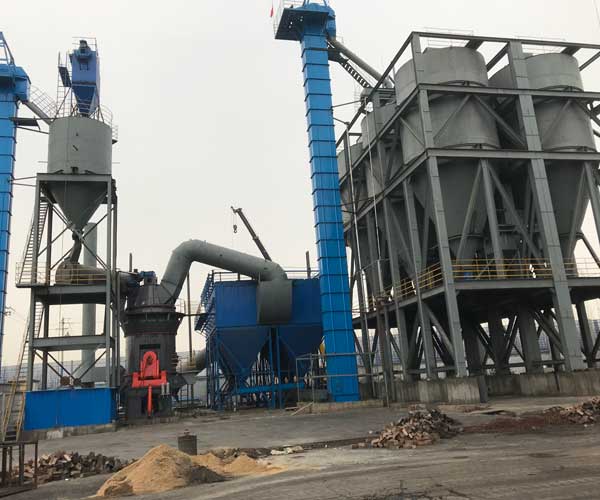
However, with advancements in technology and increasing environmental concerns, pet coke is now being utilized in other applications, such as the manufacturing of electrodes, anodes, and other carbon-based products. To convert pet coke into a usable form, it needs to undergo a grinding process using specialized grinding mills. Choosing the right grinding mill for petroleum coke processing is crucial to ensure efficient and effective production.
The desired particle size of the processed pet coke is an essential factor to consider. Different applications require specific particle sizes to achieve optimal results. For instance, in fuel applications, a finer particle size is preferred to enhance combustion efficiency. On the other hand, for manufacturing applications, a coarser particle size may be required. Understanding the particle size requirements of the final product will help determine the appropriate grinding mill.
Grinding efficiency plays a vital role in the overall productivity and cost-effectiveness of the pet coke processing operation. The grinding mill should be able to grind the pet coke into the desired particle size with minimal energy consumption. High grinding efficiency translates to lower operating costs and improved production rates. Factors that affect grinding efficiency include mill design, grinding media, and grinding process parameters. It is crucial to select a grinding mill that is known for its high efficiency and performance.
The design and configuration of the grinding mill are critical for optimal pet coke processing. Several types of grinding mills are available, including ball mills, vertical roller mills, Raymond mills, and hammer mills. Each type has its advantages and disadvantages in terms of energy consumption, maintenance requirements, and product quality. It is essential to evaluate the specific needs of the pet coke processing operation and choose a mill design that best suits those requirements.
Reliability and ease of maintenance are important considerations when selecting a grinding mill for pet coke processing. The chosen mill should be robust, durable, and capable of handling the abrasive nature of pet coke without frequent breakdowns or significant wear. Additionally, accessibility to critical mill components for inspection, cleaning, and maintenance should be taken into account. Choosing a reputable manufacturer with a track record of producing reliable grinding mills is advisable.
Environmental regulations and concerns are becoming increasingly stringent. It is crucial to select a grinding mill that complies with local environmental standards and regulations. Grinding mills that incorporate effective dust collection and control systems can help minimize emissions of particulate matter and reduce the environmental impact of the pet coke processing operation. It is important to prioritize sustainability and choose equipment that aligns with environmental best practices.
Cost is always a significant factor when making any equipment purchase decision. The cost of the grinding mill should be considered in relation to its performance, reliability, and long-term operational costs. It is essential to evaluate the total cost of ownership, including initial investment, energy consumption, maintenance expenses, and potential downtime costs. While it may be tempting to choose a cheaper option, it is important to strike a balance between cost and performance to ensure a cost-effective and efficient pet coke processing operation.
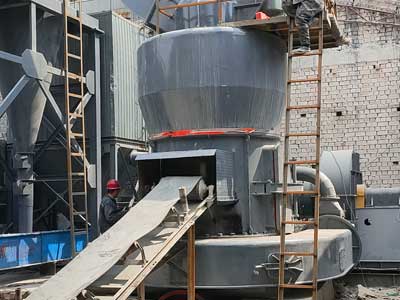
Material: Calcined petroleum coke
Input Size: <200mm
Output Size: 200mesh, D70
Capacity: 7TPH (Per set)
Equipment: Two sets of MTW175 European Trapezium Grinding Mill
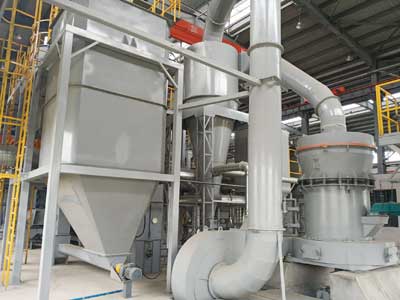
Daily Operation: 10h
Material: Petroleum coke
Input Size: 0-25mm
Output Size: 200mesh
Equipment:MTM160 Grinding Mill,MTW175 Grinding Mill
Our Projects
Copyright © ZENITH, All Right Reserved.
